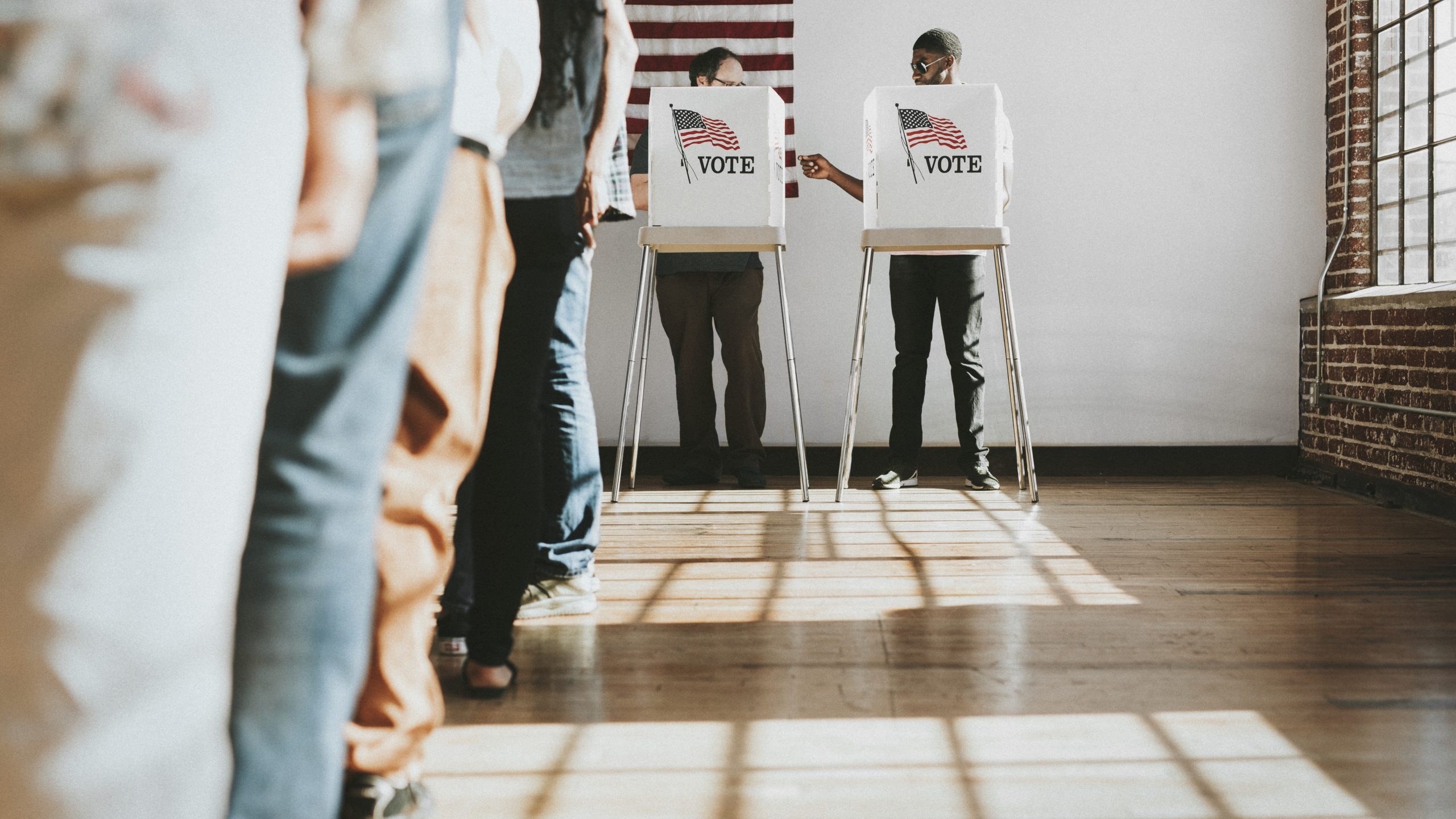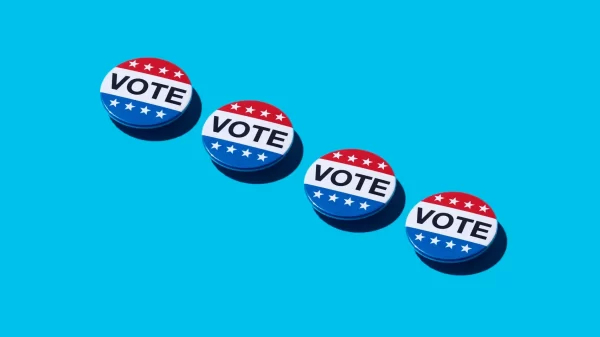On Wednesday, Senate minority leader Mitch McConnell gave a speech in which he complained about the unfairness of a proposed voting rights bill passed by the House, HR1. He called it a blatant power grab by Democrats. He pretended to be shocked. He pretended that the bill doesn’t address real problems.
Several hundred miles away, in Alabama, Secretary of State John Merrill was giving a similar spiel on TV news broadcasts in the state. Merrill told them the bill would cause election security issues. He said it was unfair to states. And this was after his office sent out a press release on Tuesday proclaiming, incorrectly, that HR1 ends electronic voting for military personnel.
Merrill isn’t alone. A number of Republicans, both from Alabama and beyond, have screamed loudly for weeks now that HR1 is the devil on paper — an attempt by Democrats to ensure they never lose another election.
And to a degree, they’re correct. Because HR1 represents the single biggest shift towards voting fairness and access in this nation’s history. It is NOT partisan, and in fact includes numerous Republican proposals, and it is not a power grab.
The only problem with it is that Republicans know they’ll never be in power again if elections are fair and open.
And in Alabama, HR1 would represent a change in culture that could very well transform this state and root out the political corruption and embarrassing pandering that has crippled us from the beginning.
That’s because HR1 removes so many partisan practices, and seeks to prevent secrecy, gerrymandering and personal gain from public office.
Last week, I wrote about the bill, breaking down the various components of it and providing a basic, fact-based analysis. When I began that process, after hearing Republican whine for weeks about how terrible it was, I expected to find a thoroughly partisan bill that required voters to recite the lyrics to “WAP” before being allowed to cast a ballot.
What I found instead was a bill that in many ways would undermine Democratic strongholds in certain states and require every politician to work for the good of all constituents, instead of just for the good of the partisan base. It also increased election security while expanding voting options that have proven safe and effective. And it imposed new transparency on donations on all candidates.
It would also fundamentally change Alabama politics for the better. By getting rid of the gerrymandered districts.
Yes, you read that correctly. No more Democratic districts. No more Republican districts. Instead, HR1 would require a committee of regular people — five registered Republicans, five registered Democrats, five independents — to draw district lines. There would be a public comment period before they are finalized and the bill would make it easier for anyone to file a legal challenge the new lines on the basis of gerrymandering.
Imagine an Alabama in which politicians aren’t trying to out-conservative each other with stupid, worthless bills and idiotic commercials. Imagine an Alabama in which elected leaders were forced to listen to all constituents, regardless of party affiliation.
It would be the single greatest change for this state. And it’s probably our only hope.
Which is why Republicans in this state are running around like their hair is on fire trying to fight it. And they’re using outright lies to attack the bill.
For example, here’s one of Merrill’s big talking points: that HR1 would prevent the state from requiring voter ID.
It would not.
Instead, what HR1 specifically says is that if a person lacks the required, state-issued photo ID, he or she can submit a sworn written statement attesting, under penalty of perjury, to their identity and their eligibility to vote. This is a very common practice in states throughout the country and it is rarely used.
As for Merrill’s claim that the bill would prevent military personnel stationed overseas from voting electronically, that’s not true either.
Instead, the bill requires all absentee votes and votes by mail to be submitted on a paper ballot. This was a huge issue for Republicans in the 2020 election (remember the stupid claims about Dominion voting machines?), and this requirement was specifically inserted in the bill to win GOP support.
However, the bill also sets stringent deadlines for states delivering ballots to absentee voters, and it states that if it’s impossible to deliver a ballot at least 40 days prior to an election, the state can provide the ballot electronically or by express mail.
Look, the issue here is plain to see: HR1 allows more people secure and expanded access to cast a ballot, and that’s a huge problem for a Republican Party that’s watching its base shrink.
The problem they have, however, is that almost every provision in this bill was just practiced in the 2020 election — one of the most scrutinized and audited elections in U.S. history — and none of these practices proved to be insecure or lead to more fraud.
So, no fraud and more voting access and better transparency and less corruption … I’m missing the outrage.












































